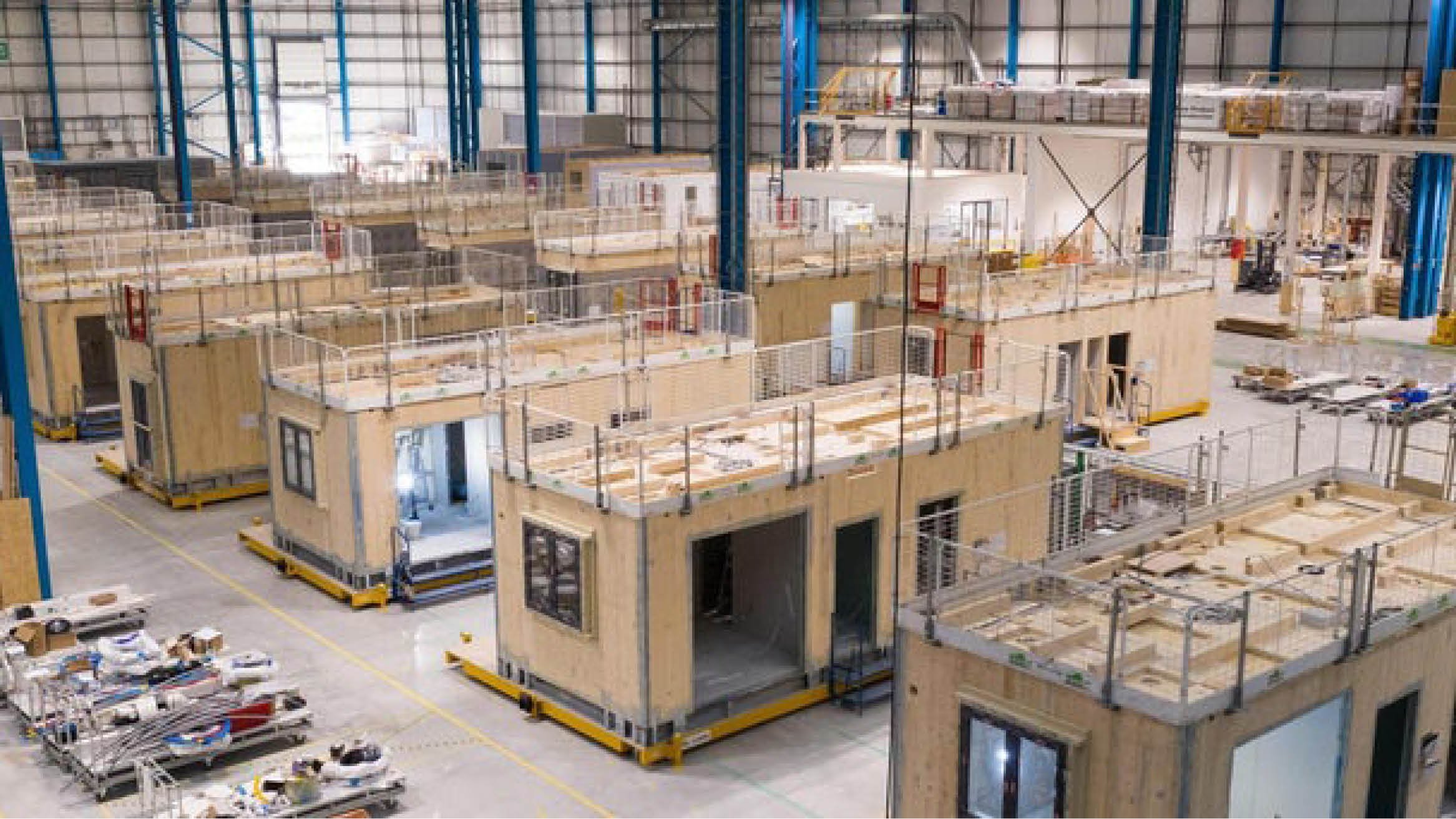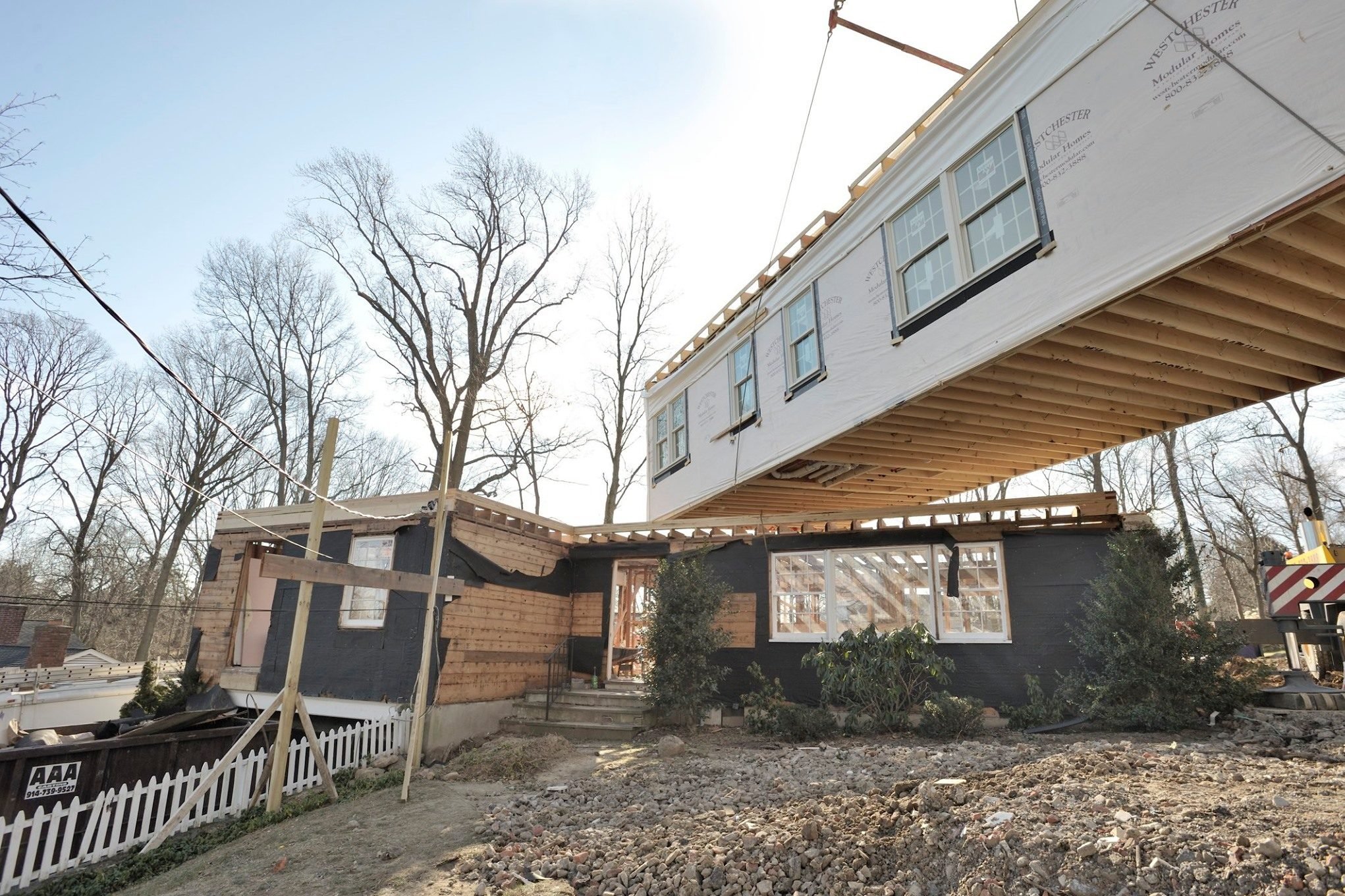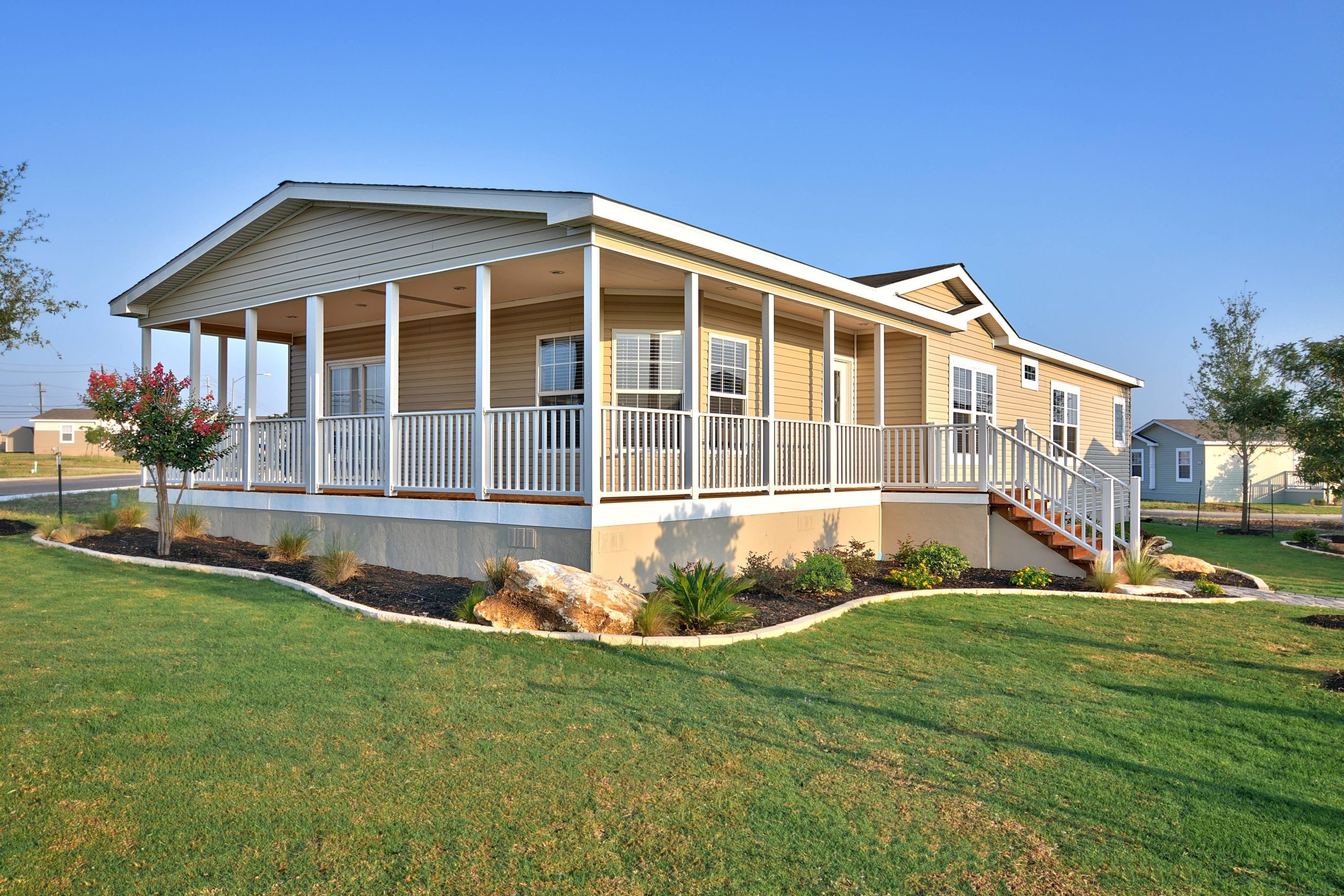Are Modular Homes Safer Than Mobile Homes? A Comprehensive Comparison – When it comes to choosing between modular and mobile homes, safety is a paramount consideration. While both types of homes offer advantages, they differ in their construction methods, safety features, and durability. This article provides an in-depth comparison of modular homes and mobile homes, addressing the key safety concerns and highlighting their strengths and weaknesses to help you make an informed decision.
Key Takeaways:
- Modular homes are safe and meet the same building codes as traditional homes.
- Factory-controlled construction in modular homes leads to higher quality and precision.
- Modular homes are durable and can withstand extreme weather due to their sturdy construction.
- Modular homes are cost-effective compared to stick-built homes.
Are Modular Homes Safer Than Mobile Homes?

When it comes to safety, modular homes are on par with traditional stick-built homes, adhering to the same stringent building codes. This is because they’re built in controlled factory environments using high-quality materials and precise construction techniques, leading to superior structural integrity.
In contrast, mobile homes often have a stigma attached to their safety, which stems from their earlier construction methods. While modern mobile homes have come a long way, they may still face challenges meeting the durability standards of modular and stick-built homes due to their lightweight construction and the potential for improper installation.
Factors Impacting Safety
1. Construction Materials:
Modular homes utilize sturdy materials like wood, steel, and concrete, providing excellent structural stability. Mobile homes, on the other hand, are typically built with lighter materials, including aluminum or vinyl siding over a wood frame. This difference in materials can affect their resilience to external forces.
2. Building Process:
The factory-controlled environment of modular home construction ensures precision and quality control, ensuring proper assembly and adherence to building codes. Mobile homes are often assembled on-site, which increases the risk of human error and potential safety hazards.
3. Weather Resistance:
Modular homes are built to withstand extreme weather conditions, using materials that resist moisture, wind, and insects. Mobile homes may be more susceptible to damage from these elements due to their lightweight construction and potential for insufficient anchoring.
Pros and Cons
Modular Homes:
Pros:
– Meet the same safety standards as stick-built homes
– Built in a controlled environment, ensuring quality
– Durable and weather-resistant
– Often more affordable than stick-built homes
Cons:
– Design options may be limited
– Transporting and installing modular units can be challenging
Mobile Homes:
Pros:
– Affordable and widely available
– Quick installation process
– Can be easily relocated
Cons:
– Safety concerns due to lightweight construction and potential installation issues
– May have lower resale value
– Less durable and weather-resistant than modular homes
Unlock the endless possibilities of home design with our state-of-the-art ai home exterior design generator free. Unleash your creativity and visualize your dream home’s facade with ease.
Transform your interior spaces into masterpieces with our cutting-edge ai home interior design generator. Personalize your home with stunning decor, furniture, and lighting that reflects your unique style.
Revolutionize the way you design your home with our innovative ai website for home design. Explore a vast collection of home design ideas, get expert advice, and create your own custom designs effortlessly.
Discover the financial potential of mobile homes in California with our insightful article: Are mobile homes a good investment in California. Get the facts, explore the market trends, and make an informed decision about your real estate investment.
Durability and Structural Integrity: A Comparative Analysis

Have you ever wondered about the durability and structural integrity of modular homes versus mobile homes? Thanks to modern construction techniques and rigorous safety standards, modular homes are just as sturdy as traditional site-built houses.
Let’s dive deeper into the construction process of modular homes:
- Built in controlled factory environments
- Sections inspected and assembled with precision
- Transported to the site and placed on a permanent foundation
This factory-controlled process minimizes human error and weather-related risks, enhancing their durability and structural integrity. Modular homes are also built to withstand various weather conditions, such as high winds and earthquakes, thanks to their reinforced steel frames and engineered components.
Key Takeaways:
- Modular homes adhere to the same building codes as traditional homes, ensuring structural safety.
- Factory construction reduces human error and weather-related issues, enhancing durability.
- Modular homes are designed to withstand extreme weather conditions, providing peace of mind.
Sources:
- Are Modular Homes Safe: Unraveling the Myths and Unveiling the Truth
- Durability Of Modular Homes (How Many Years Do They Last)
Lifespan and Resale Value
In the world of housing, the question of modular vs. mobile homes often arises. And when it comes to safety and durability, there are a few key differences to consider.
Lifespan
The lifespan of both modular and mobile homes depends on various factors like construction quality, maintenance, and environmental conditions. Generally, modular homes have a longer lifespan of 50 to 75 years, similar to traditional stick-built homes. Mobile homes, on the other hand, typically last around 30 to 40 years due to their lighter construction and potential for moisture damage.
Resale Value
The resale value of a home is influenced by many factors, including its location, condition, and type. Modular homes tend to hold their value better than mobile homes, just like traditional stick-built homes. This is because they are built to the same standards, have a higher perceived quality, and are more likely to appreciate over time. Mobile homes often have a lower resale value due to their shorter lifespan and potential for depreciation.
Key Takeaways:
- Modular homes have a lifespan of 50-75 years, comparable to traditional homes.
- Mobile homes have a shorter lifespan of 30-40 years due to lighter construction.
- Modular homes typically hold their value better than mobile homes due to higher perceived quality and longer lifespan.
- The resale value of mobile homes may be lower due to potential depreciation and shorter lifespan.
Relevant URL Sources:
– https://propertyclub.nyc/article/pros-and-cons-of-modular-homes
–
Insurance Coverage and Financing Options
In the world of homeownership, modular homes offer distinct advantages over mobile homes, particularly regarding insurance coverage and financing options. Let’s delve into the key differences:
Insurance Coverage: Peace of Mind
Modular homes often qualify for homeowners insurance similar to traditional site-built homes. This broader coverage typically includes protection against perils like fire, theft, and weather events. In contrast, mobile homes typically require specialized mobile home insurance, offering more limited coverage and often excluding certain risks.
Financing Options: Affordable Ownership
Modular homes are also more favorable for financing. They can be appraised using the same methods as site-built homes, making it easier to secure mortgages with favorable interest rates. Mobile homes, on the other hand, may be appraised using different methods, resulting in lower values and potentially higher interest rates.
Key Takeaways:
- Modular homes can be insured under homeowners insurance, while mobile homes require specialized mobile home insurance.
- Modular homes are more accessible to finance, with lower interest rates compared to mobile homes.
Relevant URL Sources:
- Insurance Information Institute: Homeowners Insurance
- Bankrate: Mobile Home Financing
FAQ
Q1: Are modular homes built to the same safety standards as traditional site-built homes?
A1: Yes, modular homes must adhere to the same building codes and industry standards as site-built homes, ensuring their structural integrity and safety.
Q2: How does the construction process of modular homes contribute to their safety?
A2: Modular homes are constructed in controlled factory environments, utilizing precision engineering and rigorous quality control measures. This standardized production process minimizes construction errors and ensures consistent high-quality construction.
Q3: Are modular homes more durable than mobile homes?
A3: Yes, modular homes generally have a longer lifespan and are more resistant to extreme weather conditions compared to mobile homes. They are built with durable materials and engineered to withstand various environmental forces.
Q4: How do modular homes compare to mobile homes in terms of insurance?
A4: Modular homes can be insured under traditional homeowners insurance policies, whereas mobile homes often require specialized mobile home insurance. This distinction reflects the higher construction standards and safety features of modular homes.
Q5: Is it safe to live in a modular home in areas prone to natural disasters?
A5: Yes, modular homes can be designed and constructed to meet the specific building codes and safety requirements of areas prone to natural disasters, such as earthquakes or hurricanes. Their durable construction and adherence to strict building standards contribute to their resilience in these environments.
- Modern Butcher Block Kitchen: Warmth and Style with White Cabinets - January 6, 2026
- White Cabinets with Butcher Block Countertops: A Kitchen Classic - January 5, 2026
- White Kitchen With Butcher Block Countertops: A Warm, Inviting Design - January 4, 2026










